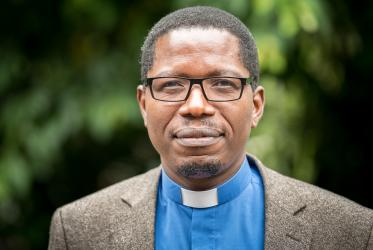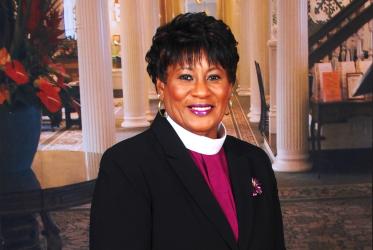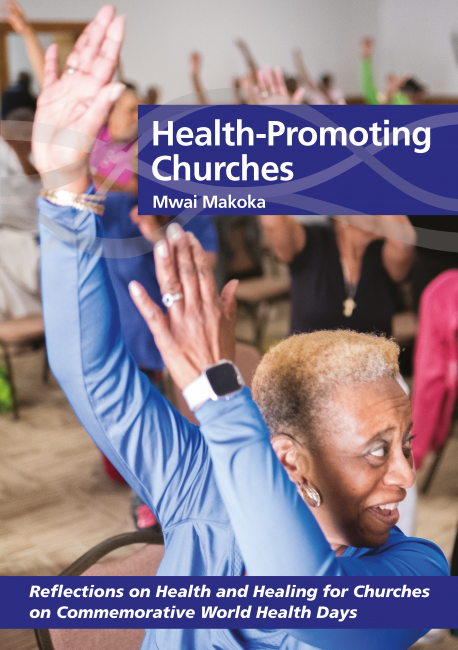Displaying 141 - 160 of 218
Churches offer some relief in Kenya’s drought disaster
16 September 2021
Walk the Talk
A Toolkit to Accompany the "Roadmap for Congregations, Communities and Churches for an Economy of Life and Ecological Justice"
31 August 2021
Iglesias Promotoras de la Salud
Reflexiones sobre salud y sanación para las iglesias en conmemoración de los días mundiales de la salud
30 June 2021











